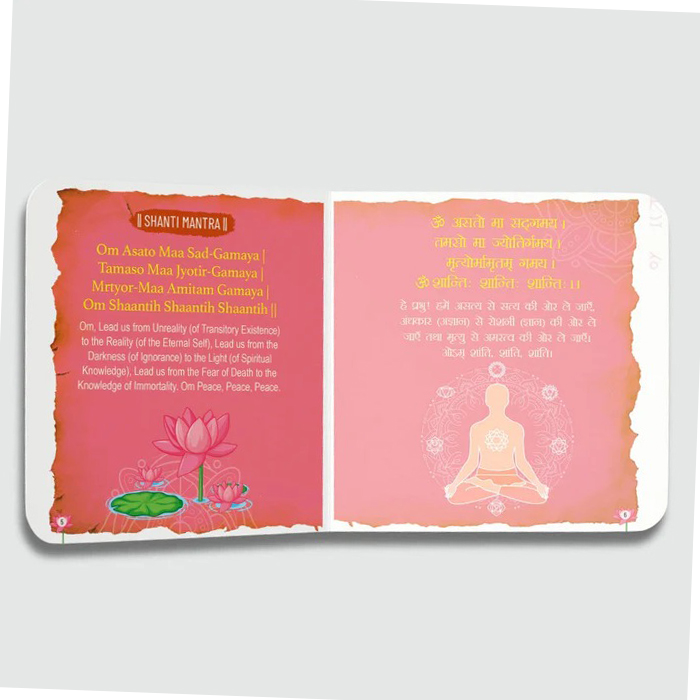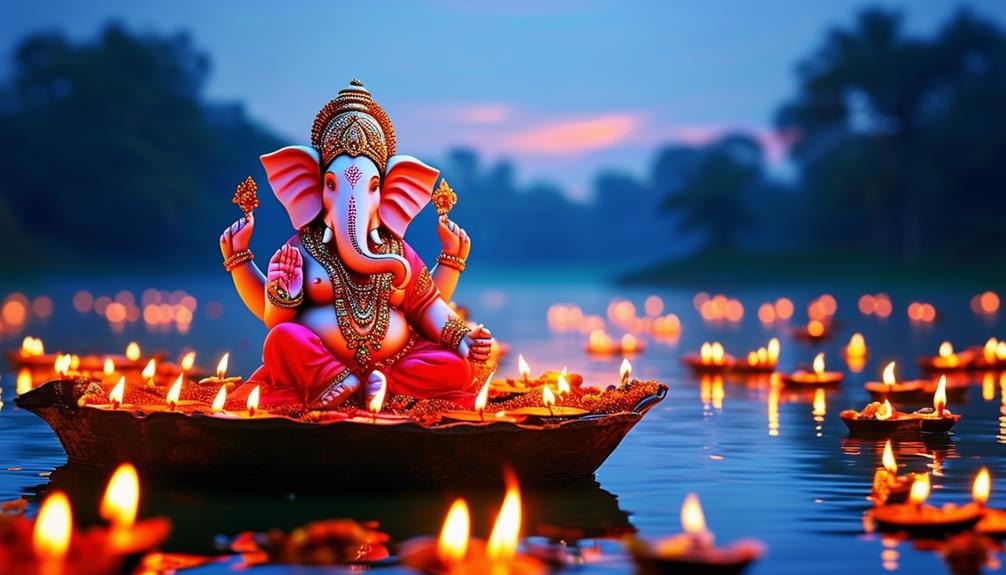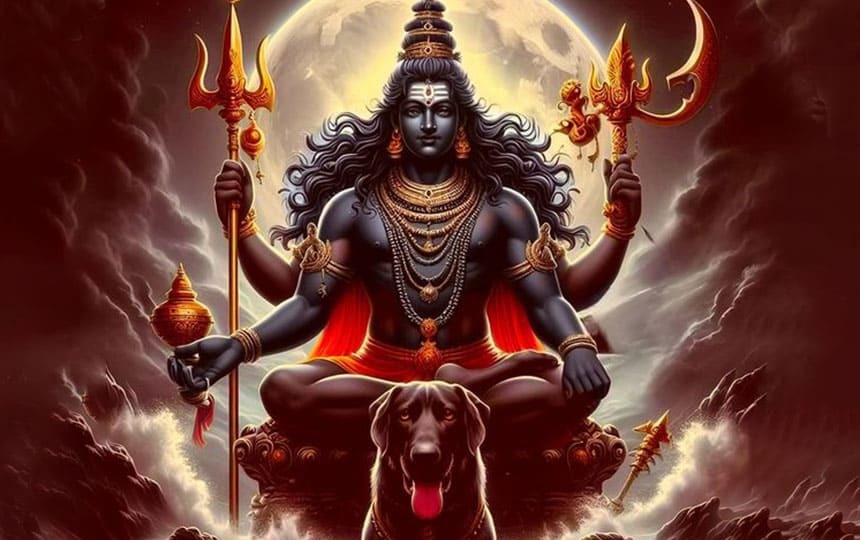“Gunarahitam kamanarahitam
Pratikshanavardhamanam avichinnam
sukshmataram anubhavarupam.”
The word “gunarahitam” means to be free from the three types of love.
There are 3 types of love:
1. Satvik love is unconditional love. I love you for what you are, not because of something you did for me. Not because you help me so much.
2. Rajasik love is the second type of love. I love you because you did this for me.
3. Tamasik love is the third type of love. Tamasik love is love because we have a common enemy.
The second category of love is “I love you because the way you are is simply lovable. What you did to me is not a matter of concern at all because you give me some pleasure, helped me, and care for me, I love you.” is Rajasik love. There is a string attached to Rajasik love.
The third type is love born from having a common enemy “I don’t like that person. Oh, you also do not like that person? Come we are friends, we love each other.” Loving because you hate somebody else is Tamasik love. Making friends to gain strength to hate is Tamasik love. Often, two people get together just because they have a common enemy. Their common goal is to eliminate or destroy something, so they get together. That bonding out of ignorance, out of dullness or destruction, is Tamasik love.
Divine love transcends all these three types of love. Gunrahitam kamanarahitam: There are no strings attached in that love. “If you love me, I will love you; if you do this thing to me, I will love you. If you are nice to me, then I will love you.” How about if I were not nice to you, would you still love me? No question. Do you see? These conditional strings are attached to your expression of feelings of love. This is kamanasahitam. Divine love is kamanarahitam— devoid of any strings, any desires, any conditions.
Pratikshamane vardamanam: Love grows moment to moment, it does not diminish. Often, in our relationships love seems to diminish. At least the intensity goes down a little, in all relationships.
When a child is very small, it cannot move away from his/her mother even for a few minutes. When they start becoming independent, then gradually, once in a while, children send Mother’s Day cards. You are more attached to your children than to your parents. Your whole attention, which was towards your parents when you were a child, gets diverted to your spouse after you get married. Then, after you have children, that same attention you had for your spouse gets diverted to your children.
There is a shift in all different types of love. But, divine love grows all the time, moment by moment. Pratikshanam vardamanam: Every moment it grows, it increases, never decreases. Avichinnam: There is no gap. It cannot be destroyed by anybody; it cannot be taken away from you. Sukshmataram: It is very delicate. To experience it you need to be very quiet. Love itself is so delicate. That is why when you feel love, you feel so delicate, so vulnerable. That is when you can get hurt. Hurt is part of love. When you love somebody, you feel so delicate, so vulnerable.
And a small simple gesture from them hurts you. When your loved one does not smile at you, finished! Your mood is off. Small gestures, insignificant things can hurt you—because the state of love is so delicate.
Sukshmataram: It is finer than the finest. It is said, “To know God, you need to be in love.” Why should you be in love to know God? Because love makes you very fine, refined, so delicate. In that delicate state of consciousness alone, can you be united with this whole Universe? Then you can say, “My father and I are one.” Unless you are in that state of love, you cannot say, “Aham Brahmasmi” — I am that. When can you say it? It’s when your consciousness becomes so refined. From the molecular state to the atomic level, to the sub-atomic level — only then, can you say, “There is only one field.”
At the gross level, you cannot say ‘one field’. Only at the subtle level, you can recognise the oneness in creation.
Anubhavrupam: It is experiential, not intellectual analysis. It is a synthesis of the finest order. It is not like the cloud, which is there one day and disappears another day. Love comes with some conditions, with some feelings. People often fall in love and then get disillusioned.
Experiencing divine love brings you reality. But, it is so strange that only when people fall out of love, they say, “I got disillusioned.” When they become indifferent, they say they are disillusioned. That is small-mindedness, not love. Then, they really have not had a taste of divine love.
Gurudev Sri Sri Ravi Shankar is a humanitarian leader, spiritual teacher and an ambassador of peace.












